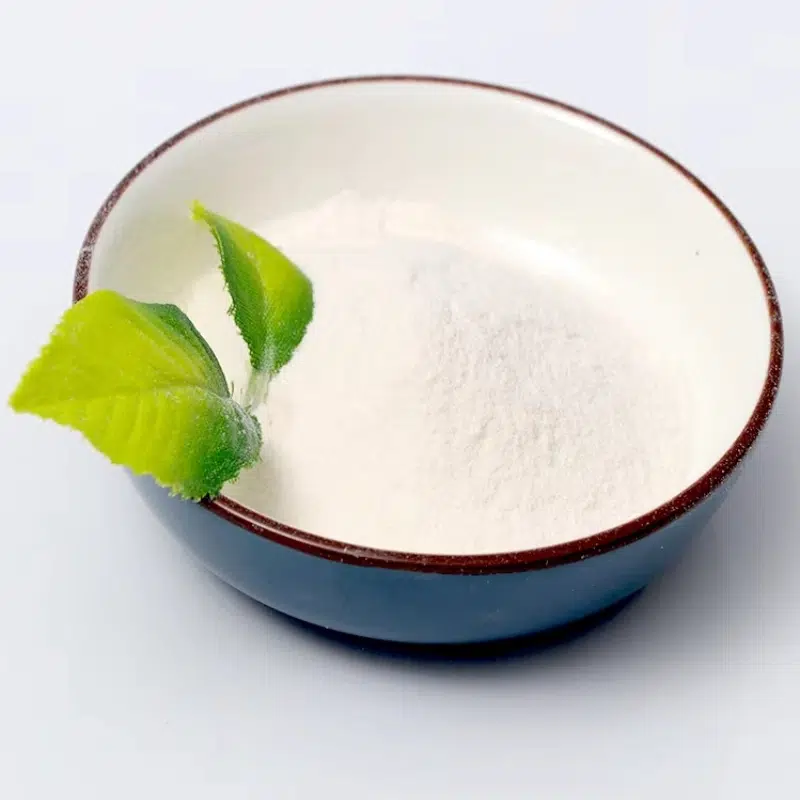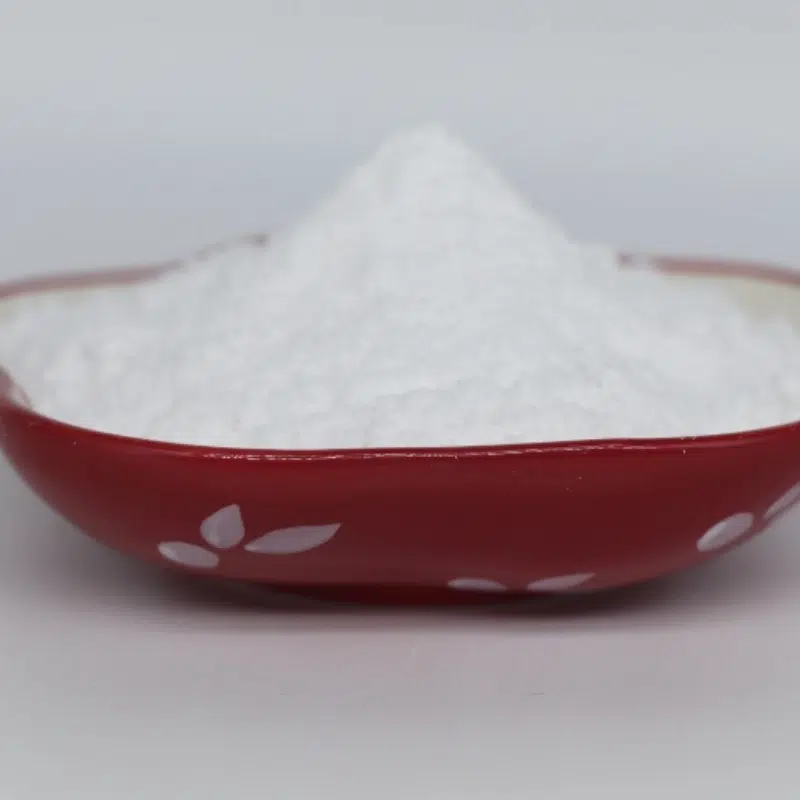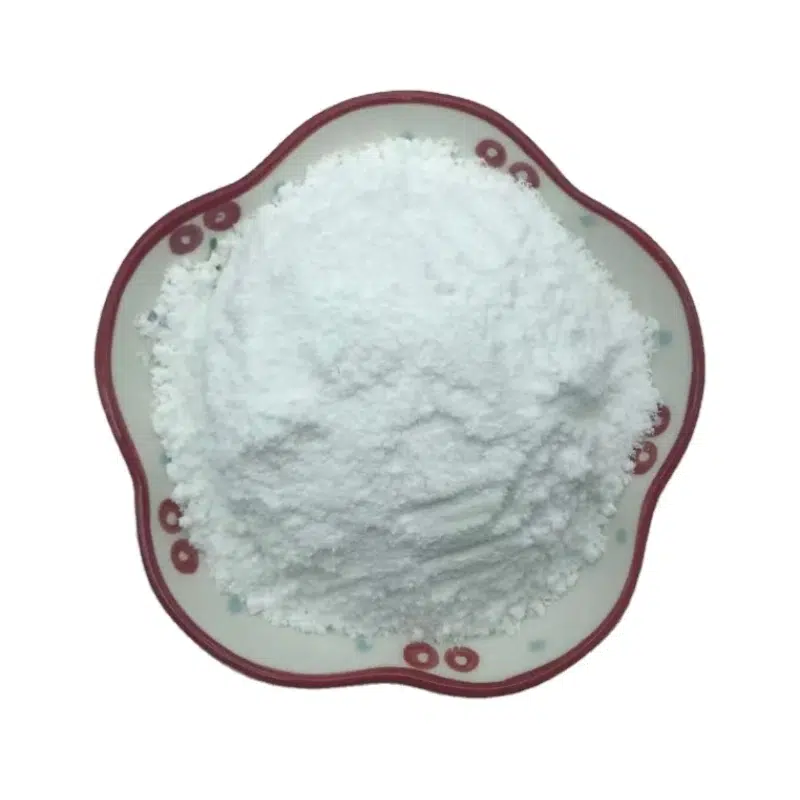



Cellulose Used For Food
Features
Food Cellulose, commonly known as dietary cellulose, is odorless, tasteless, non-toxic, and appears as a white to light yellow cellulose powder.Food cellulose is the main component of plant cell walls and an essential part of a healthy diet. It plays an important role in maintaining the health of the human digestive system, promoting intestinal function, and preventing various chronic diseases due to its unique structure and function.
Market Prospects
With the continuous improvement of global health awareness and the increasing attention of consumers to the nutritional value of food, food cellulose , as an important source of dietary cellulose, is experiencing sustained growth in market demand. It not only plays a key role in promoting digestive health, weight control, and regulating blood sugar levels, but is also widely used in various health foods, beverages, baked goods, and health supplements to meet consumers’ urgent needs for healthy, natural, and functional foods. With the advancement of food technology and the continuous development of new products, the application fields of cellulose food will be further expanded.
Hydroxypropyl Methyl Cellulose Manufacturing Process
As a professional cellulose factory,we carefully select natural and pollution-free plant materials, such as whole grains, beans, fruits and vegetables, which are rich in high-quality cellulose; Removing impurities and non cellulose components from raw materials through physical methods such as cleaning and crushing lays a solid foundation for the next step of extraction. By using advanced enzymatic hydrolysis technology or mild chemical treatment processes, under precisely controlled conditions, plant cell walls are effectively decomposed, releasing pure food cellulose while preserving its natural structure and functional properties. After multiple precise filtration and purification steps, residues and small impurities are further removed to ensure product purity; Through advanced drying technology, cellulose is safely and quickly dried to the appropriate moisture content for easy storage and transportation. Conduct strict quality testing on each batch of products, including physical and chemical indicators, microbiological testing, etc.
Use Precautions
Choose the appropriate type and specification of food cellulose based on specific application needs, as food cellulose from different sources and processing methods may have different functional characteristics; The amount of addition needs to be scientifically controlled, as excessive use may affect the taste and texture of the food. It is recommended to determine the optimal addition ratio through professional experiments; Food for cellulose has strong water absorption, and its demand for moisture should be fully considered during processing to avoid affecting the quality of the final product; When storing, it should be placed in a dry and cool place to avoid moisture and high temperature, in order to maintain its stability and extend its shelf life; For special populations such as infants, pregnant women, and patients with specific diseases, professional doctors or nutritionists should be consulted before use to ensure safety and suitability.
●FREE SAMPLE
*Customization is always available, please mark down your need in cart or just contact us.
Project Monitoring
Shipping Order Track
Instructions for Use
VIP Customer Service
Intact Guarantee
Characteristics
- High Cellulose Content Enhances Satiety: One of the main characteristics of food cellulose is its high cellulose content. This is because food cellulose is the main component of plant cell walls, which is not easily digested and absorbed by the human body, but can form a volume in the intestine, thereby enhancing satiety. This characteristic makes food cellulose an ideal choice for weight loss and control, as it can help reduce overall calorie intake and keep you full for a longer period of time.
- Promoting Intestinal Health And Preventing Constipation: Food cellulose has excellent intestinal health promoting effects. It can increase the volume of feces, stimulate intestinal peristalsis, and help prevent constipation and intestinal diseases. This is because food cellulose can absorb water, forming soft and large feces, making intestinal transport smoother. Regular intake of sufficient food cellulose is crucial for maintaining intestinal health and preventing intestinal problems.
- Stabilize Blood Sugar Levels And Reduce Cholesterol: Food cellulose, especially soluble cellulose , can stabilize blood sugar levels and lower cholesterol in the blood. Soluble cellulose can slow down the absorption of sugar and avoid a sharp rise in blood sugar, which is particularly beneficial for patients with diabetes. At the same time, it can also bind with bile acids, lower cholesterol levels in the blood, and help prevent cardiovascular disease. This characteristic makes food cellulose an important component in maintaining cardiovascular health.
- Natural Source, Safe And Reliable: Food cellulose comes from natural plants such as whole grains, beans, vegetables, and fruits. These natural sources ensure the purity and safety of food cellulose. As a big cellulose factory,our production process strictly follows food safety standards to ensure that our products are pollution-free and additive free, providing customers with high-quality, safe and reliable food cellulose .
- Multifunctional And Widely Applicable: Food cellulose has multifunctionality and can be used in various foods. It can be used as a thickener, stabilizer, suspension agent, etc. to improve the texture and taste of food. Whether it’s baked goods, beverages, meat products, or seasonings,food cellulose can play its unique role in increasing the cellulose content and nutritional value of food. This characteristic makes food cellulose have a wide range of application prospects in the food industry.
Main Function
- Food Industry
- In the food industry, food cellulose is an indispensable and important component. It is widely used in various foods such as baked goods, beverages, meat products, seasonings, etc. Food cellulose can increase the cellulose content of food, improve its texture and taste, and provide health benefits such as promoting intestinal health, stabilizing blood sugar levels, and reducing cholesterol. In baked goods, food cellulose can increase the stickiness and elasticity of the dough, making baked goods softer and more delicious; In beverages, it can serve as a stabilizer to enhance the taste and stability of the drink.
- Medical And Health Products Industry
- In the healthcare industry, food cellulose also plays an important role. Due to its health benefits such as promoting intestinal health, lowering cholesterol, and controlling blood sugar, food cellulose is often used as an ingredient in functional foods or health supplements. It can be used as a dietary cellulose supplement to help people increase their intake of dietary cellulose , improve intestinal health, prevent constipation and intestinal diseases. In addition, food cellulose can also be used to prepare controlled release drugs, which can improve the efficacy and safety of drugs by regulating their release rate.
- Animal Husbandry
- In animal husbandry, food cellulose also has its unique applications. It can be used as a feed additive to improve the digestive function and intestinal health of animals. Food cellulose can increase the volume and crude cellulose content of feed, stimulate animal chewing and saliva secretion, and help with digestion and nutrient absorption. At the same time, it can also promote intestinal peristalsis, prevent constipation and intestinal diseases, improve animal productivity and health status.
- Paper Industry
- Food cellulose is also widely used in the paper industry. Due to its excellent structure of cellulose and strength,food cellulose is often used as a raw material for papermaking. It can provide the cellulose components required for paper, enhancing its strength and toughness. Meanwhile, food cellulose can also improve the printing performance and durability of paper, making it smoother, finer, and more durable.
- Textile Industry
- In the textile industry, food cellulose also has certain potential for application. It can be used to prepare textile cellulose, such as cotton, hemp, etc. The main component of natural fibers is cellulose. Food cellulose has good moisture absorption and breathability, making textiles more comfortable and durable. At the same time, it can also be used in the dyeing and printing process of textiles as a fixing agent and dyeing aid, improving the color brightness and color fastness of textiles.
Appearance | White To Light Yellow Powder |
Purity | 99.90% |
pH(ppm) | 5.0-8.0 |
Viscosity(1% Solution Mpa.S) | 50-1200 |
Gel Temperature(℃) | 50-55 |
Degree Of Substitution | 0.6-0.9 |
Moisture(%) | <5% |
Melting Point | 274 °C (dec.) |
Methoxy(WT%) | 27-32 |
Burning Residue(wt%) | ≤1 |
Heavy Metals(ppm) | ≤20 |
Arsenic Salts(ppm) | ≤2 |
Chloride(%, NaCl) | ≤0.2 |
Loss On Drying(wt%) | ≤5 |
Place Of Origin | Jiangsu,China |
Classification | Chemical Auxiliary Agent |
Sample | Available |
Grade | Food Grade |
Storage | Dry Cool Place |
